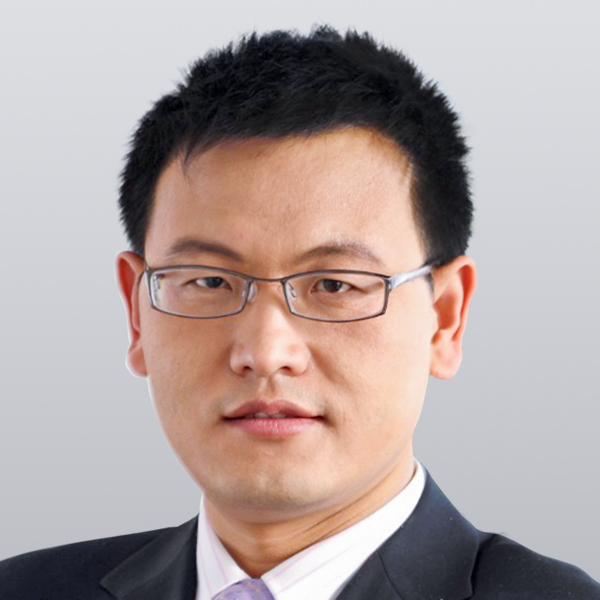When Not to Take Them
Distressed Patriotic Flag Unisex T-Shirt - Celebrate Comfort and Country $11.29 USD Get it here>>

Traditional Chinese medicines are herbal in nature, so many people are under a major misconception that these medicines can be used to treat diseases when one is sick, and to replenish the body when one is not sick.
Compared to the pharmaceutical drugs of conventional Western medicine, the herbal medicines appear to be simple in nature, and are believed to therefore be milder.
However, Yu Yawen, a traditional Chinese medicine (TCM) practitioner at Royal Jade TCM Clinic, said this is, in fact, a wrong concept.
Chinese medicines are divided into high-grade, middle-grade, and low-grade. Some of them are non-toxic, while some must be prescribed by a TCM practitioner.
As the saying goes, “all medicine is somewhat poisonous”—dosage is key. Although Chinese medicine looks like food more than Western medicine, its nature is still “medicine.”
Nourishing Versus Therapeutic
When you take Chinese medicine, it also exerts medicinal properties and produce side effects. Yu said that, for example, if you take Chinese medicine for treatment without the advice of the TCM practitioner, it may have the opposite effect from what you expected, and cause harm to the body.
Yu said that the ingredients of the Chinese medicine are mainly natural plants, animals, and minerals. After the raw materials are harvested and processed via ancient methods, they can be divided into two categories: nourishing Chinese medicine and therapeutic Chinese medicine.
Nourishing Chinese medicine contains medicinal materials that nourish qi (vital energy) and blood. It functions as a supplement to the body, and it can be added to the diet according to the individual physique of the patient.
In TCM, qi and blood are the essential substances for life activities, all originating from the internal organs and flowing constantly inside the body. Ensuring these essential substances are sufficient and circulating throughout the body is very important for health and wellbeing. Illnesses or other conditions are caused by the stagnation or lack of these substances.
In the view of TCM, many diseases are believed to be caused by forces in our environment. These forces are referred to as the six external pathogenic influences, categorized as wind, cold, heat, dryness, dampness, and summer heat.
Therapeutic Chinese medicine is heat-clearing, detoxifying, cold-dispelling, pain-relieving, qi-activating, blood-activating, or for getting rid of dampness from the body, has diuretic effects, and so on. One should use it under the guidance of a TCM practitioner. If you take the Chinese medicine by yourself without consultation, it may cause adverse reactions and even life-threatening conditions.
High-, Middle, and Low-Grade Medicines
Yu further explained that Chinese medicine is divided into high-grade, middle-grade, and low-grade. Not every Chinese medicine can replenish the body, therefore individual diagnosis and consultation by a TCM practitioner is required.
According to the earlist materia medica text, Shennong’s “Classic of the Materia Medica” from the Eastern Han Dynasty, there are 120 kinds of high-grade Chinese medicine, which are non-toxic and can be used for health care.
If people take these medicines long term, they can nourish qi, manage their body weight, age well, and promote longevity. Common high-grade TCM includes jujube, ginseng, black fungus, astragalus root, Ganoderma lucidum (lingzhi or reishi), prepared Rehmannia root, barbary wolfberry fruit, yam, eucommia, and so on.
There are also 120 kinds of middle-grade Chinese medicines, some are non-toxic, and some are slightly toxic, but their toxicity is used to treat diseases and also condition the body. Common middle-grade Chinese medicine are angelica sinensis, lily, dried ginger, barrenwort, and so on.
There are 125 kinds of low-grade Chinese medicines. Yu said that the so-called toxicity does not mean it can kill people, but the toxicity is precisely what is used to treat diseases. For example, rhubarb is used to treat constipation, but it should not be taken for a long period of time. Common low-grade Chinese medicines are rhubarb, pinellia, aconite, peach seed, and the like.
Although Chinese medicine is milder than conventional Western pharmaceuticals and have fewer side effects, it is still a “medicine,” after all, and must be taken according to a TCM practitioner’s instructions.






